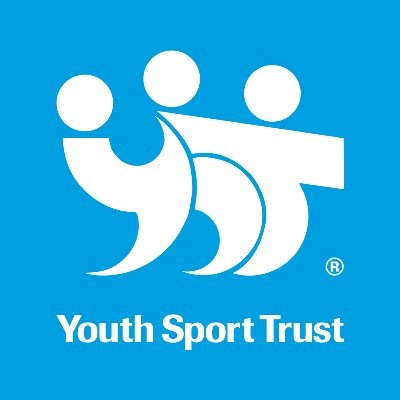National School Sport Week – Looking After Your Teeth and Braces Whilst Playing Sports 0
National School Sport Week, running from the 20-24th June, is an important event inspiring children’s health and wellbeing. Organised by the Youth Sport Trust, this year’s event is based around the Rio 2016 Olympic and Paralympic Games, encouraging pupils to be more active and take part in more PE and school sport.

Playing sports and healthy teeth
Studies have found that people who maintain a healthy weight and have high levels of physical fitness, have a lower occurrence of gum disease. It’s a major cause of tooth loss in adults, and research suggests that it’s linked to health problems such as heart disease and diabetes.
So, it’s important to ensure that from a young age people are aware of the overall health benefits of staying active, which National Sport Week hopes to achieve. However, for children wearing braces, it may be more difficult to participate in sports and in fact some physical activities could damage the health of their teeth and gums.
The dangers of wearing braces and playing sports
It’s been reported that between 13% and 39% of all dental injuries are sports related. Contact sports in particular, can be dangerous for children wearing either fixed or removable braces. The metal appliance could cut the mouth with impact, or impact from contact or a fall could lead to trauma of the teeth and mouth.
To avoid damage to the brace, or worse injury to the mouth, there are a few measures that children can take whilst participating in school sports and physical activities:
Wearing a helmet
For contact sports or activities where there are high speeds or impact, such as hockey, skating or cycling, wearing a properly fitting helmet with protective caging will prevent trauma should the pupil be knocked or fall over.
However, if a helmet is not an option, protective mouthguards are essential to protect a child’s braces and mouth, and ensure that their orthodontic treatment can be carried out smoothly and efficiently.
Wearing a mouthguard
Although wearing braces can actually help support the teeth during sporting activities, wearing a mouthguard over them will protect the appliance itself and the mouth. Damaging the brace could prolong treatment time or cause injury in the mouth, making it important to protect it and seek orthodontic help straight away should damage occur.
A mouthguard is made from an odourless, tasteless and pliable material, such as polyethylene vinyl acetate (pEVA). It’s a non-toxic plastic which should be of sufficient thickness and impact absorbing, providing resistance to abrasion. Mouthguards are made to be durable so that they can last at least a whole season of sports competition and training. Braces wearers playing sports can either get custom-made mouthguards or ‘ortho-guards’ can be bought ready-made from sporting stores.
- Custom mouthguards can be made by your orthodontist, fitting to the contours of the teeth and offering great protection for the gums, tongue and mouth during sporting activities.
- Ready-made, ‘boil-and-bite’ mouthguards can be shaped to fit the wearer’s braces by being softened in boiling water and shaped. This allows the guard to be remoulded as the teeth move throughout treatment.
Any mouthguard worn should fit well, be comfortable and not dislodge on impact. For those wearing removable braces, it’s still best to wear a mouthguard whilst keeping the appliance in a brace case. Your orthodontist will be able to advise on the most suitable mouthguard, how to take care of it and how often it will need to be replaced.
If you’d like more advice on wearing braces and playing sports, or for any help with brace care, please contact our Manchester practice on 0161 998 2622, or email the Northenden orthodontic team at info@manchesterorthodontics.co.uk.
- Blue Horizons
- Tags: brace care children's orthodontics national sport week Orthodontics

